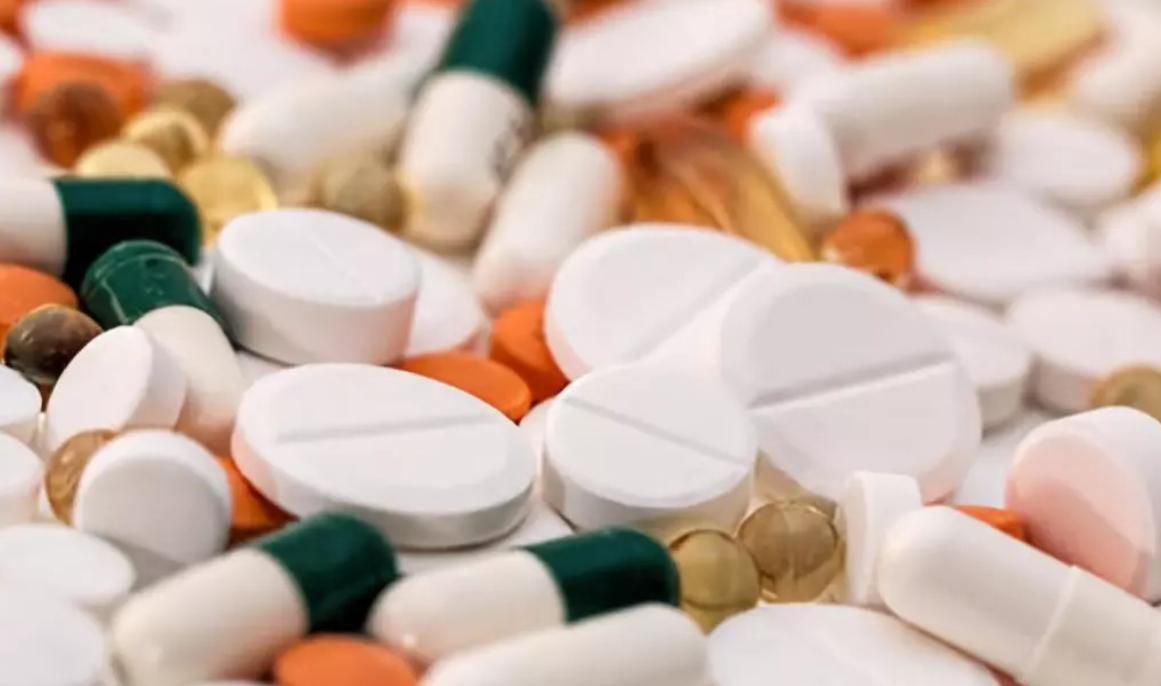Epididymitis Worsens after Antibiotic Treatment, Why?
Date:2022-11-09 click:0
Epididymitis is a common disease of the male reproductive system. The epididymis is one of the male reproductive organs in the scrotum. Epididymitis is an epididymis infection by microorganisms or a sterile inflammation due to other causes, both of which are epididymitis. Since the etiology of the disease is complex, patients may find the use of antibiotics ineffective, and sometimes it may even aggravate the condition.

Why is this the case? This is because the patient's epididymitis is not caused by inflammation, or the course of the disease is too long, and it becomes severe. Thus antibiotic use is ineffective.
First of all, not all cases of epididymitis are caused by inflammation. There are many causes of epididymitis, which can be divided into infectious and non-infectious factors. Infectious factors are the body's inflammation caused by the invasion of pathogenic bacteria. Non-infectious factors are divided into injury and medical factors. When some patients suffer from scrotal Injuries, hematomas in the scrotum, epididymis, and testicles can occur, but this situation is uncommon.
In addition, medical operations such as intraurethral instrumentation, long-term application of catheters, and post-prostatectomy can lead to the development of epididymitis. If such procedures are not done correctly, bacterial lesions will be formed, and bacteria will keep reaching the epididymis via the lymphatic system, leading to epididymitis.
The primary function of antibiotics is to kill various bacteria and eliminate the inflammation causing the patient's disease. Therefore, antibiotics are only effective when the epididymitis is a bacterial infection. For epididymis inflammation caused by trauma or medical factors, antibiotics have no effect and may even cause harm to the patient's body.
In addition, if the patient does not get treated in time, the condition will likely worsen. Taking antibiotics after this disease has become severe would be too late to control the infection. Acute epididymitis usually develops suddenly and deteriorates quickly. The pathological changes follow the acute stage of epididymitis. Local epididymal fibrosis and scarring often prevent antibiotics from entering the epididymal tissue, so the treatment with antibiotics alone is ineffective.
Chronic epididymitis is usually the irreversible end stage of severe acute epididymitis. Chronic epididymitis hardens the entire epididymis due to fibroplasia, and extensive scarring and epididymal duct occlusion are seen histologically. Therefore, it often becomes chronic if acute epididymitis is not diagnosed early and treated thoroughly in a timely, adequate, and sufficient amount (usually ≥ four weeks). For this condition, patients should choose symptomatic antibiotics for treatment.
There are many types of antibiotics and many pathogenic bacteria. If the patient decides to take antibiotics on their own, the medicine may not be proper for the condition, leading to aggravation. Therefore, patients should visit a regular hospital for examination and prescribe the appropriate medication.
If epididymitis is caused by other diseases, such as urethritis, seminal vesiculitis, prostatitis, sperm obstruction, urinary infection, etc., patients should not simply treat epididymitis. Instead, they should first treat these primary diseases to get good results.
Therefore, early diagnosis and treatment are essential for epididymitis, especially acute epididymitis. Applying a combination of TCM and Western medicine to treat epididymitis has apparent advantages over antibiotics alone. Patients can also take the traditional Chinese medicine Diuretic and Anti-inflammatory Pill, which has the main effects of moving Qi, relieving pain, being diuretic, and drenching. This medicine treats male urinary system conditions, such as epididymitis, cystitis, urinary tract infection, etc. It is easy to take this medicine and it does not harm the body.
For epididymal masses that are severe or have hardened over time, symptoms can be improved, and the hard masses can be softened. Surgery can be considered if the masses cannot be completely absorbed or if the symptoms do not improve after treatment. Most patients are unwilling to have surgery or unsuitable for surgery, and there is no good solution for western medical treatment. At this time, the patients can apply a combination of TCM and Western medicine, a multi-pronged approach.
In addition, patients can use physical methods to reduce pain. Patients can have bed rest and apply scrotal support to relieve symptoms. A homemade larger scrotal support with cotton pads will be more comfortable. For severe pain, painkillers can be used. Local heat therapy can relieve symptoms and reduce inflammation. However, premature heat therapy can aggravate the pain and increase the risk of spreading infection, so it is advisable to use ice packs for local cold compresses in the early stage.
You may also be interested in:



